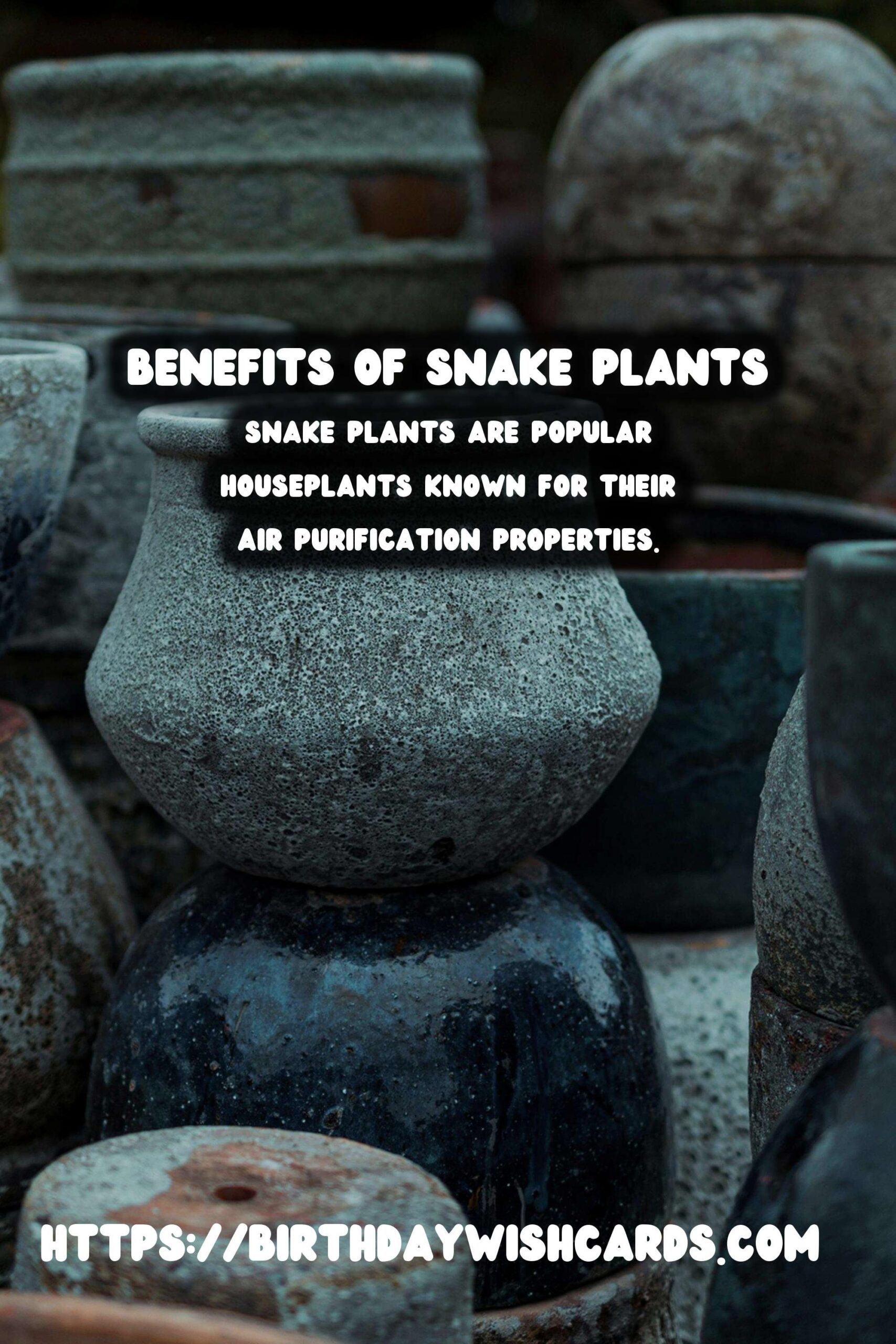
Snake plants, also known as Sansevieria or mother-in-law’s tongue, are popular houseplants known for their striking appearance and low maintenance requirements. Beyond their aesthetic appeal, snake plants are celebrated for their ability to purify indoor air, making them a valuable addition to any home.
The Science Behind Snake Plant Air Purification
Snake plants are effective air purifiers due to their ability to absorb toxins and release oxygen. According to a study conducted by NASA, snake plants can remove harmful pollutants such as formaldehyde, benzene, xylene, and toluene from the air. These toxins are commonly found in household products and materials, making snake plants a natural solution to improving indoor air quality.
Benefits of Having Snake Plants Indoors
One of the main benefits of snake plants is their ability to improve air quality by filtering out impurities. They can also increase humidity, which can be beneficial in dry environments. Additionally, snake plants are known to produce oxygen at night, making them ideal bedroom companions for a restful sleep.
How to Care for Your Snake Plant
Caring for a snake plant is relatively simple, making it perfect for both novice and experienced plant owners. Here are some key tips to ensure your snake plant thrives:
Light Requirements
Snake plants are highly adaptable and can tolerate low light conditions, though they thrive in indirect sunlight. Avoid placing them in direct sunlight, as this can damage the leaves.
Watering
Snake plants are drought-tolerant and do not require frequent watering. Allow the soil to dry completely between waterings to prevent root rot. During the winter months, reduce watering frequency.
Soil and Potting
Use a well-draining potting mix to prevent waterlogging. A cactus or succulent mix is ideal for snake plants. Ensure the pot has drainage holes to allow excess water to escape.
Temperature and Humidity
Snake plants prefer temperatures between 60-80°F (15-27°C). They can tolerate dry air but benefit from occasional misting in extremely arid environments.
Common Issues and Solutions
While snake plants are hardy, they can encounter a few problems. One common issue is yellowing leaves, often caused by overwatering. Adjust your watering schedule and ensure proper drainage to address this. Another issue is root rot, which can be prevented by using the correct soil and avoiding excessive moisture.
Conclusion
Snake plants are more than just a decorative addition to your home. Their air purification capabilities make them a functional and health-enhancing choice for any indoor space. By following simple care guidelines, you can enjoy the benefits of cleaner air and a touch of nature in your living environment.
Snake plants are popular houseplants known for their air purification properties. They can remove harmful pollutants like formaldehyde and benzene from the air. Snake plants are easy to care for and thrive in indirect sunlight. Avoid overwatering as it can lead to yellowing leaves and root rot. Their ability to produce oxygen at night makes them ideal for bedrooms. 









#SnakePlants #AirPurification #Houseplants #IndoorPlants #HomeDecor



